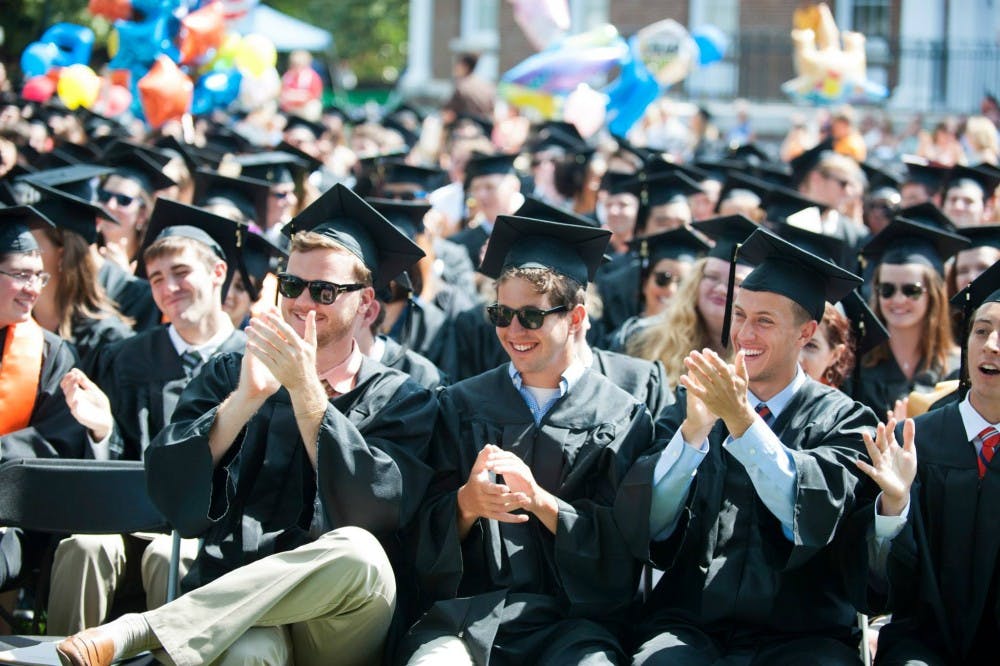In recent years, the student loan crisis in our nation has continued to escalate, as the threat of a mass default among debtors looms. Currently, Americans owe nearly $1.5 trillion dollars in student loan debt, dispersed across approximately 44 million borrowers. It is also worth noting that of those 44 million borrowers, 42.3 million have taken out federal loans, as opposed to loans from private entities. Beyond the obvious pecuniary risk, there are other threats that this burden poses to our society, such as the increase in mental health issues related to this heavy debt amongst our youth. The federal loan system must be improved and streamlined for the long-term wellbeing of both the students and the taxpayers who will be footing a $170 billion bill for the program this decade.
After evaluating the statistics on student loan debt, it becomes clear that some students struggle to pay off their loans more than others, but what qualities cause this phenomenon? Based on research from the Brookings Institution, choice of major appears to impact whether or not students will be able to pay off their loans, due to differences in post-graduation starting salaries. In fact, students majoring in education, civilization studies — African-American, Latin American, etc. — English or the fine arts may need to spend more than a quarter of their projected median incomes on student loans each year in order to successfully pay them off.
This burden can have dire long-term consequences in many cases, often permanently affecting an individual’s credit score and preventing them from meeting the requirements for mortgage loans and other investments. On the flip side, all varieties of Engineering, as well as Nursing, Computer Science and Finance majors, just to name a few, will need to spend less than 10 percent of their salaries on loan payback, over the course of their careers.
While several Democratic policy makers and lobbying groups advocate for widespread student loan forgiveness, this is not feasible, considering this would leave taxpayers on the hook for nearly one and a half trillion dollars. Moreover, it is not a long-term solution either, as it would do nothing to deter students from continuing to take out loans to pay for their pursuit of degrees, which lack sufficiently profitable career paths.
While it is, in my view, outside of the jurisdiction of the federal government to further regulate private student loan agencies — which only account for a minority of current outstanding student loans in our country anyways — one thing we can do is alter the federal loan system such that it becomes much more difficult to take out a loan if you intend to pursue a degree in a low-income field.
More specifically, there could be clauses in the loan agreements which restrict debtors from enrolling in programs in the fine arts, humanities, social sciences and other fields that do not prepare them for occupations necessary to pay back their loans. Of course it should still be possible for humanities or fine arts students to get loans, but they would just have to show convincing evidence that proves their long-term financial stability and ability to pay off their debts, similar to what must be done in the private sector. The fact of the matter is that in its current state, our federal student loan system takes far too many risks when extending loans, which is part of the reason why such a small percentage of student loan distributors are private companies — the risk is just too great for the rational investor.
Recent Department of Education data shows that nearly 46 percent of direct federal loans are not being paid, and that number is on the rise. Currently in our society, we harbor a culture that encourages children to follow their passions, as opposed to thinking rationally about their futures, which is the root of this problem. Until these cultural norms are changed though, it is imperative that students be protected from their own bad judgment, and that taxpayers not be punished for these poor decisions. Therefore, regulations must be put in place to prevent prospective students from pursuing less lucrative degrees, and consequently to create incentives for students to enter profitable fields with plentiful job opportunities, such as STEM, business and nursing.
Milan Bharadwaj is an Opinion columnist for The Cavalier Daily. He can be reached at opinion@cavalierdaily.com.






